Bangladesh is experiencing severe brutality as the student death toll surpasses 200, according to international news agencies citing hospital sources., while Daily Prothom Alo reported the death toll till July 23 is 200. The students were protesting the reinstatement of a discriminatory government job quota system by the High Court. The movement began at Dhaka University, where many students come from lower and middle-class families and rely on government jobs for employment.
The government's response to the protest has been dismissive and brutal. Despite attempts to engage with the President and the Law and Home Ministers, students were met with mockery. In a televised press conference, Prime Minister Sheikh Hasina compared the students to "rajakars" (collaborators with the Pakistan army during the War of Independence), further inflaming the situation. In response, students began calling themselves "rajakars" in protest.
The Hasina administration responded with violent force, deploying the student wing Chhatra League's goons and police forces. Indiscriminate police shootings resulted in numerous student deaths, escalating their fury against the administration. The protests continued, with students unwavering in their demand for justice.
Unable to quell the protests, Hasina ordered the Bangladesh Border Guard and armed forces to patrol cities across the country with shoot-on-sight orders, enforcing a nationwide curfew. Students and video footage confirmed the use of RAB helicopters and armored vehicle carriers (APCs) patrolling Dhaka. The United Nations expressed concern about the misuse of UN APCs, which should only be used for peacekeeping missions. The Pentagon also noted concerns about democracy in Bangladesh, referencing a ban on retired Army Chief General Aziz.
In an attempt to isolate the country, the government cut off internet and phone lines, causing significant distress for families with student relatives. This blackout aims to disrupt student communication and prevent information from reaching the outside world about the ongoing atrocities.
Historically, media blackouts have backfired, as seen during the Maoist political movement in Nepal. Similarly, the Hasina administration has attempted to politicize the student movement, blaming opposition parties BNP and Jamaat-e-Islami for the violence. The government arrested numerous BNP and Jamaat leaders to validate its narrative.
Despite the curfew, student protests spread nationwide, supported by university, school, and college students. The government's strategy included sabotaging key installations to justify their actions and imposing a curfew. Past incidents, such as the attack on US Ambassador Marcia Bernicat's vehicle during a road safety school student movement, reveal a pattern of government response.
Following the January 6 national election, which many Western nations did not recognize as free and fair, Hasina's administration appeared confident. However, the cold-blooded killing of students has drastically altered public perception. Economic hardships and corruption within Hasina's party have exacerbated public outrage. Yet, pro-Hasina media and intellectuals continue to justify the oppression necessary and ignore the loss of students' lives.
One of the student movement coordinators, Nahid Islam, was taken by the police force, beaten, tortured, and then returned. He showed his scars of torture to journalists on camera. Students have now halted their movement for 48 hours due to the curfew and demand the withdrawal of the internet blackout, the reopening of educational institutions, and the release of students from custody within 48 hours. Meanwhile, a faction of the student group, seemingly backed by Chhatra League, announced the 48-hour halt of the movement and placed demands on the government, including the resignation of the Home and Law Ministers, to save Hasina, ignoring their fellow students' blood on Hasina’s hands.
Army Chief Gen Wakar-Uz-Zaman informed the media that the situation is under control following the army's deployment. However, it will take longer to ensure complete safety due to the destruction of key installations like the Metro rail and data centers.
Prime Minister Sheikh Hasina has vowed to punish those responsible for the sabotage and the deaths of police officers. Meanwhile, the Indian news agency Asian News International (ANI) released a video message from former Indian Foreign Secretary and Ambassador to Bangladesh Harsh Bardhan Shringla, claiming that the student movement is being fueled by Pakistan's intelligence agency, ISI, in collaboration with the BNP and Chhatra Shibir, the student wing of Jamaat-e-Islami Bangladesh. In the video, Shringla referred to Bangladesh as "my country" and assured that the situation would soon be controlled.
Despite the curfew and communication blackout, the movement continues. International protests have erupted in West Bengal, New York, Washington, London, Italy, Australia, Tokyo, and the UAE, condemning the killings. Students have been arrested in West Bengal and the UAE.
US State Department spokesperson Miller stated that everyone has the right to peaceful, nonviolent protest. US Congressman Lloyd Doggett criticized Hasina's actions on Facebook, accusing her of using a "tyrant’s handbook" to crush student protests. He wrote that Bangladesh PM Hasina is using armed troops, a digital blackout, and "shoot-on-sight" orders to suppress student protestors, blocking Bangladeshi Americans from determining the safety of their loved ones. He asserted that Hasina must face consequences for the "busloads" of deaths on her hands.
Amnesty International condemned the rising death toll as a clear indicator of the Bangladeshi authorities' intolerance for dissent, stating on their webpage that the situation is a shocking indictment of the government's absolute intolerance for protest and dissent.
On a DW talk show, Professor Ali Riaz of Illinois State University said that Hasina has turned Bangladesh into a personal show, destroying all institutions. Therefore, Hasina has to take the blame.
Students now demand Hasina's resignation as the quota movement transforms into a nationwide call for her to step down. However, it appears that the Hasina administration, bolstered by India, as Indicated by Shringla, will continue to take a hardline stance to remain in power.
---
Author: Avik Sanwar Rahman, Executive Editor, The Bay Wave, New York
The opinion of the columnist is solely his own.
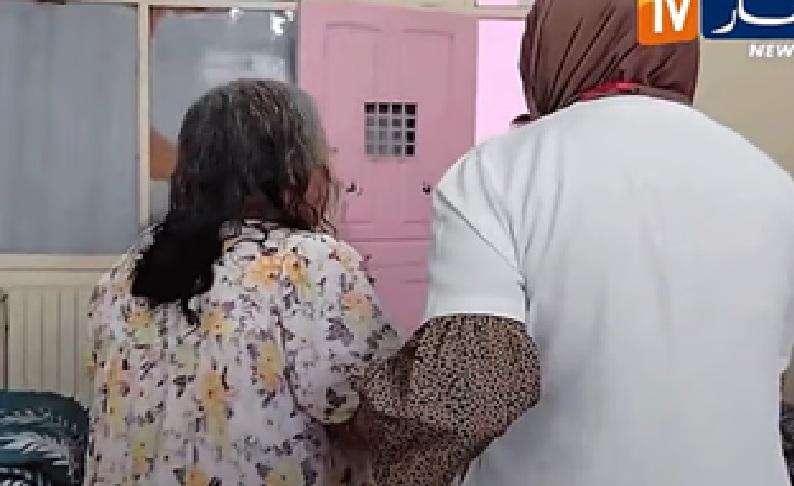
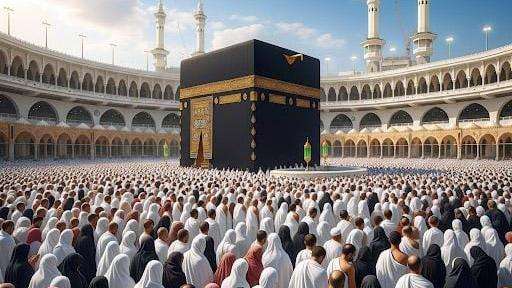
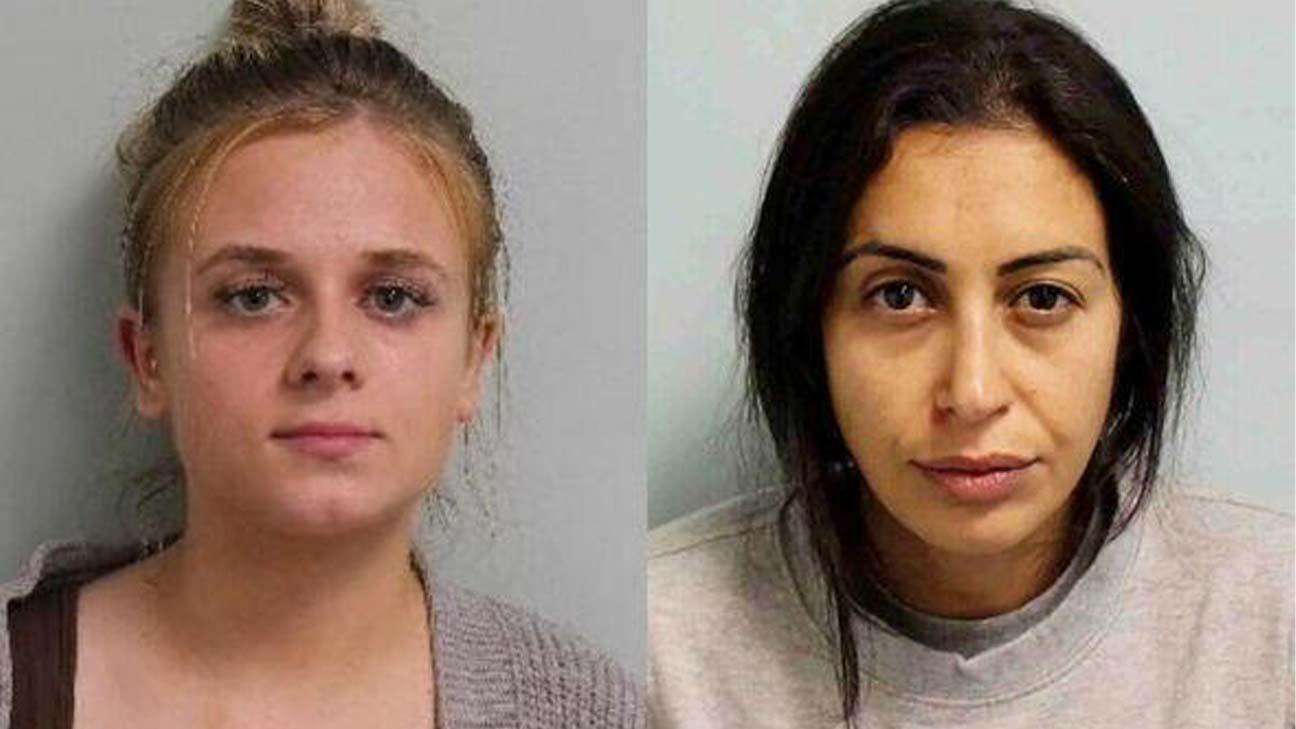
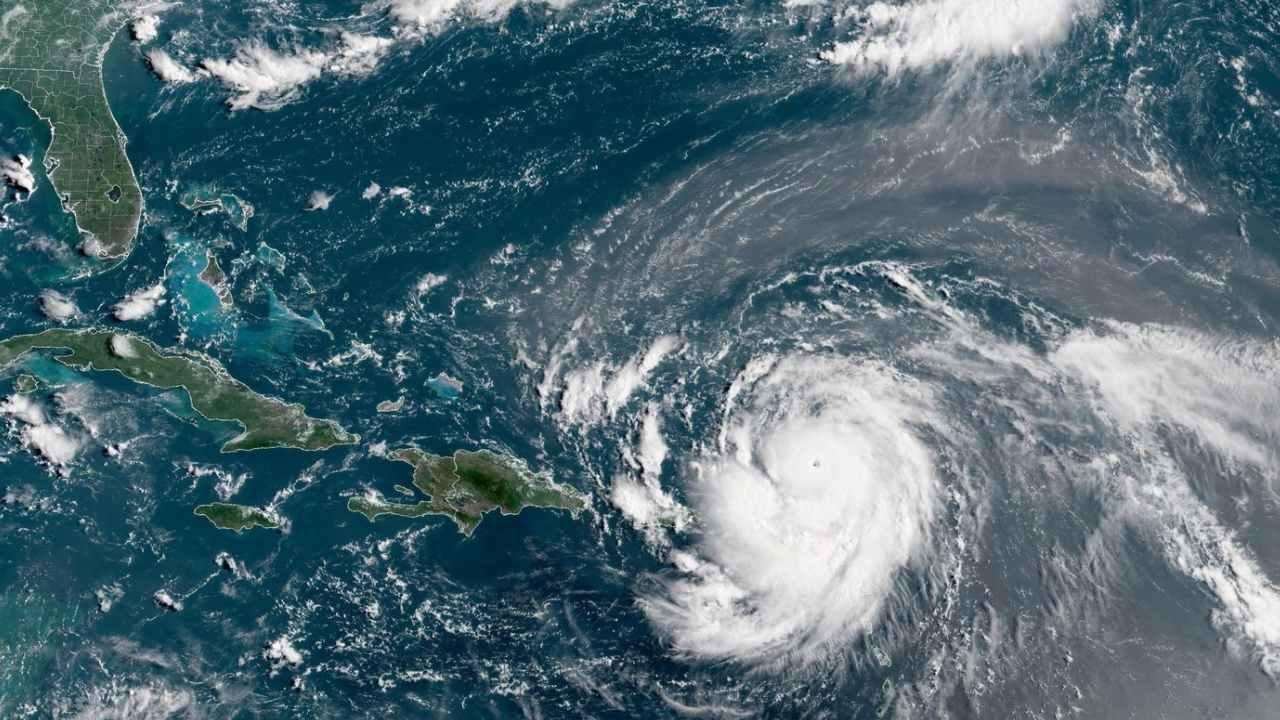


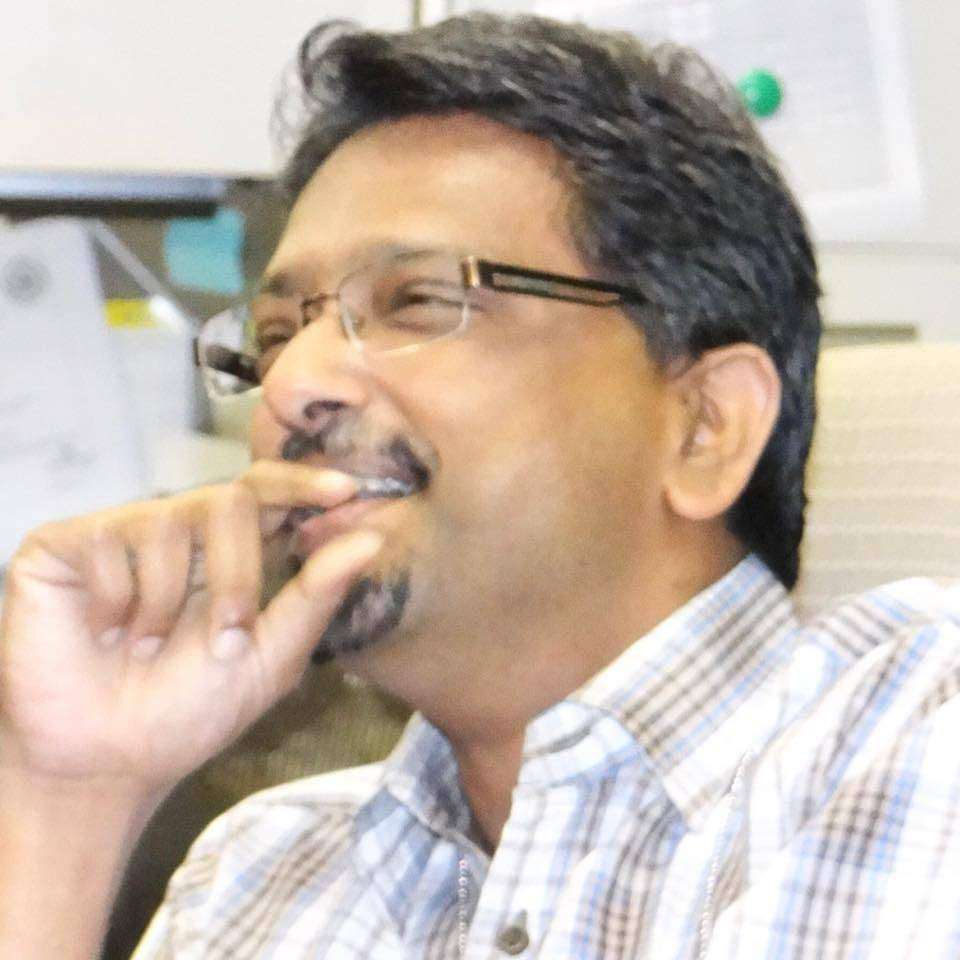
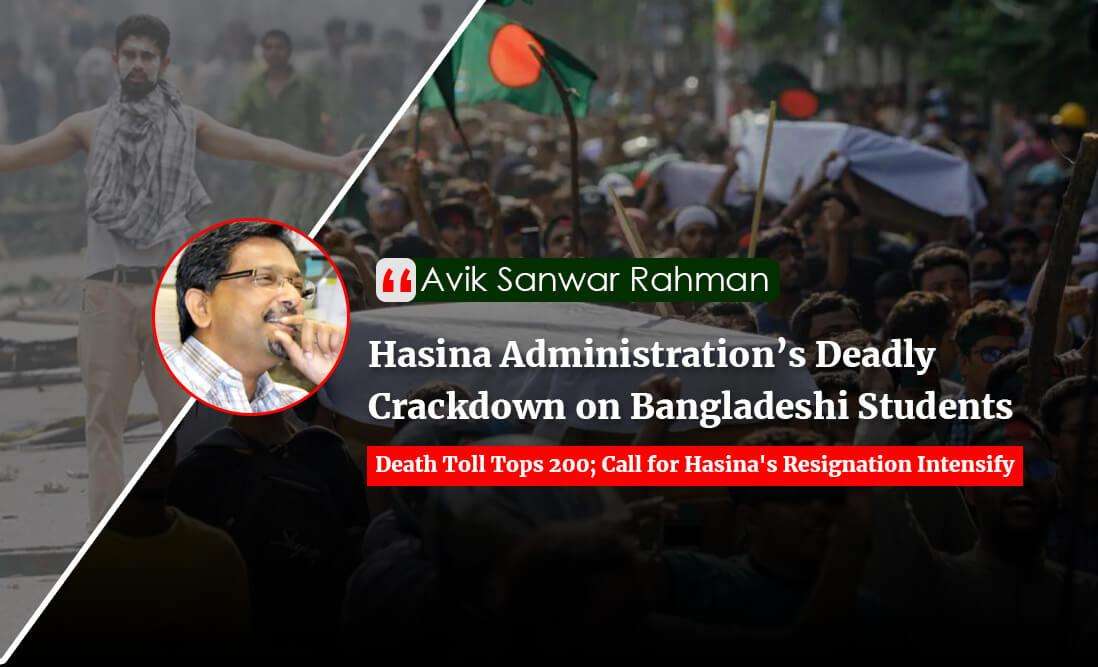
.svg)

